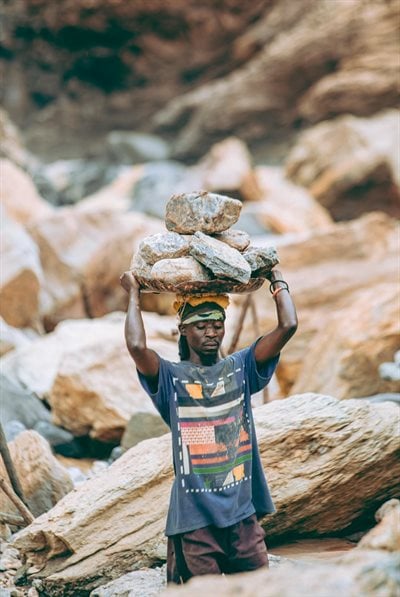Mining Other

WWF SA calls for responsible, sustainable mining to be top of G20 agenda

There will be a 500% increase in demand for minerals such as graphite, lithium and cobalt by 2050 to meet the needs of the global transition to a new energy order, according to an estimate by international organisation the World Bank, WWF SA says.
Many of these minerals are found in developing countries, including South Africa, and these countries must prepare to meet this growing demand with, as the World Bank puts it, “the smallest possible carbon footprint, while safeguarding the environment and people”.
The best way to achieve this is to minimise mining as far as possible by creating circular economy industries, which include reclaiming these minerals from tailings dams, slag heaps, stockpiles and mine-polluted water sources and from scrap metal and post-consumer waste.
This is an opportunity for all countries, not just those with minerals in the ground, emphasises the conservation organisation.
A South African government strategy document on the economic potential of critical minerals and metals concedes that mineral exploitation is linked to “environmental degradation, displacement of communities, negative health impacts, illegal mining and the continuation of inequality”, it notes.
Therefore, the WWF SA has developed a discussion document titled 'An agenda for responsible mining of transition minerals in Africa'.
This document warns that African countries need to avoid “past patterns of extractivism in Africa – the resource curse, rent-seeking by elites, illicit financial flows, exploitative jobs, displacement and disruption of local communities, plus water, land and biodiversity impacts”.
Among these impacts are pollution and the loss of productive land, carbon sinks, biodiversity habitats and freshwater systems, WWF SA notes.
The discussion document outlines six key recommendations to ensure African countries are able to both benefit from this emerging industry while avoiding the mistakes of the past.
Most of these six points include current failures in the mining industry that urgently need to be addressed in addition to the need to prioritise environmental sustainability.
Specifically, in its first recommendation, it urges countries to create circular economies for transition minerals to build out new industries and jobs and minimise the need for destructive virgin mining.
In terms of land-use planning, it says countries must mandate strategic land-use decision-making at a national level to establish relative benefits of different land uses and possibly no-go areas for mining, prior to a mining project’s conception and impact assessments.
It also recommends that countries adopt and implement legislation and action plans on work in mining; strengthen institutions, including enforcement agencies relating to the eradication of child labour, human trafficking and modern slavery; and improve worker rights, in line with the decent work guidelines of the International Labour Organisation.
It also recommends that sufficient funds for rehabilitation and offsets be set aside.
“Grant prospecting permits and mining licences only if the business case for the mine indicates sufficient funds for sustainability practices in operations, including for rehabilitation and offsets to compensate for residual negative impacts,” WWF SA advises.
Additionally, countries should adopt and implement best practices for sustainability during preparation, mining and post-mining. To ensure this implementation happens, aspects of these best practices should be translated into regulations. Otherwise, there is no guarantee they will be followed or the necessary benefits realised.
Its final recommendation is that countries establish a global framework and mechanisms for traceability, transparency and accountability in the mining and processing of transition minerals.












